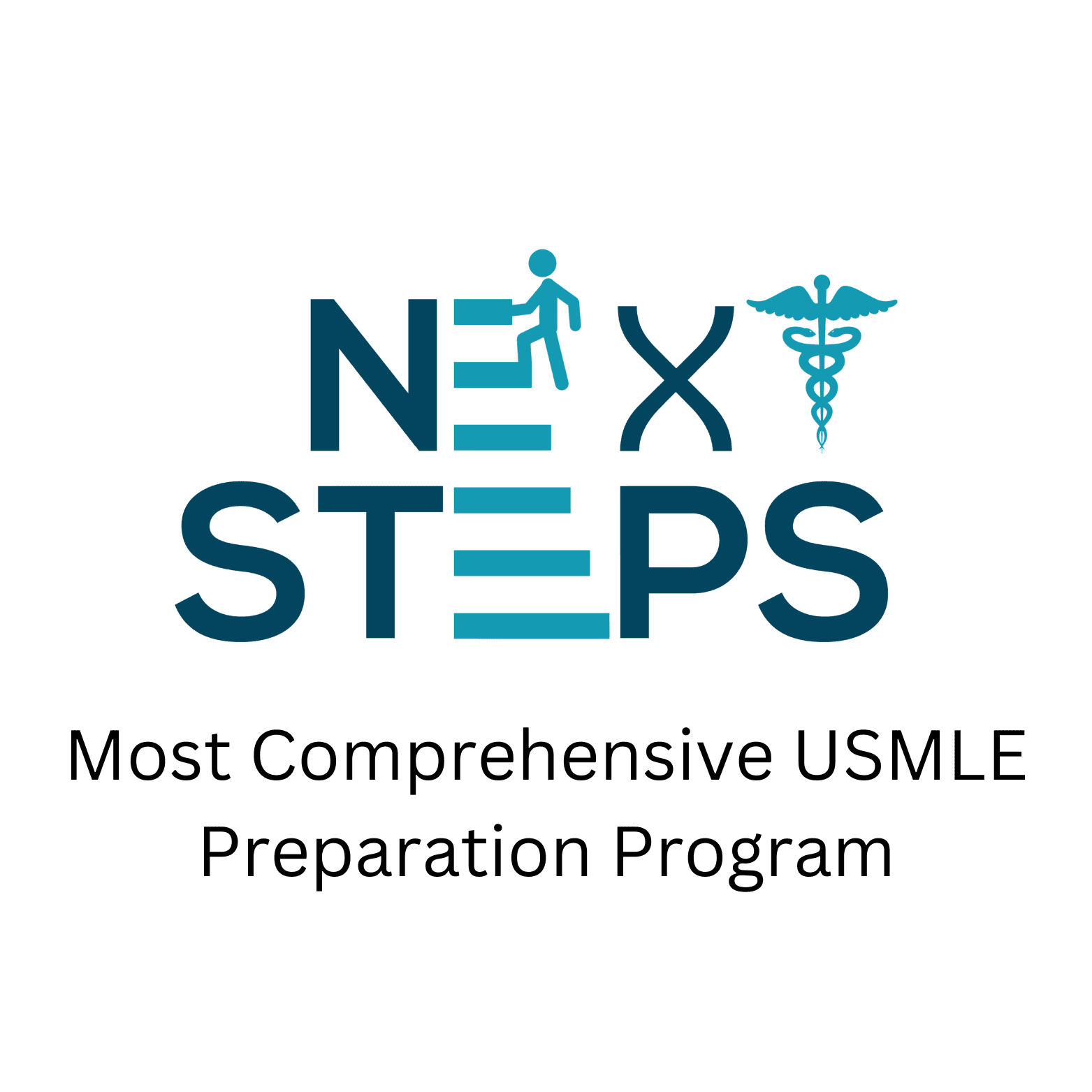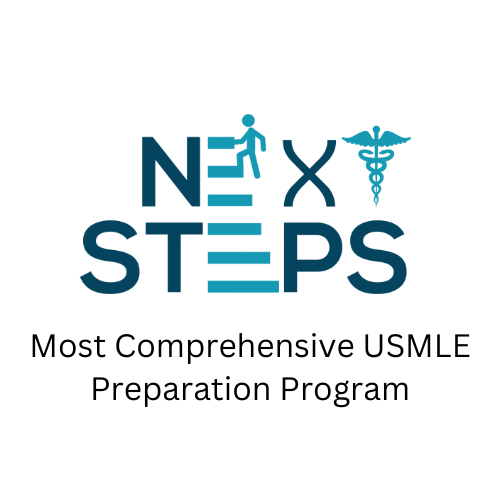How Many Years is USMLE Valid? Everything You Need to Know
The United States Medical Licensing Examination (USMLE) is a crucial part of the process for both U.S. and international medical graduates who wish to practice medicine in the United States. After putting in months or even years of preparation, many candidates wonder: How long is the USMLE valid? and What happens if the validity expires?
In this blog post, we’ll answer these questions and provide you with essential information about USMLE validity and how it affects your medical career trajectory.
Understanding the USMLE Valid Period
The USMLE is composed of three steps: Step 1, Step 2 CK (Clinical Knowledge), and Step 3. These steps test your knowledge, clinical reasoning, and patient-care abilities and are required for obtaining a medical license to practice in the U.S.
Here’s what you need to know about the validity of the USMLE exams:
1. USMLE Step 1 & Step 2 CK Validity
For most candidates, USMLE Step 1 and Step 2 CK have a validity period of 7 years from the date you pass the exams.
This means that once you pass these exams, they remain valid for 7 years before they need to be followed up with Step 3. If you don’t take Step 3 within this 7-year window, you may have to retake Step 1 and Step 2 CK.
2. USMLE Step 3 Validity
Step 3 is slightly different in terms of validity. As soon as you complete Step 1 and Step 2 CK, you are eligible to take Step 3.
However, Step 3 is usually taken after you’ve completed your clinical rotations or are in the process of completing your residency program.
There is no set expiration for Step 3 once it’s completed. It remains valid indefinitely unless there are significant changes in the policies of the Federation of State Medical Boards (FSMB).
However, some states may have specific regulations regarding the time frame within which candidates must complete Step 3 after finishing Step 2 CK.
What Happens if Your USMLE Exams Expire?
If you pass Step 1 and Step 2 CK, but don’t take Step 3 within the 7-year period, your earlier steps may expire, and you will need to retake them.
This can be a costly and time-consuming setback. It’s crucial to stay on top of your exam timelines and make sure you’re moving forward in the process before the 7-year limit.
For international medical graduates (IMGs), expiration of exams may also impact your eligibility for certain residency programs or the Educational Commission for Foreign Medical Graduates (ECFMG) certification, which is required to apply for U.S. residency.
Be sure to check with the ECFMG to understand how the expiration of your exams might affect your residency applications.
How to Keep Your USMLE Progress on Track
Here are a few tips to ensure your USMLE progress stays within the 7-year validity period:
1. Plan Your Exam Timeline Carefully
-
- Consider your timeline when you start your USMLE journey. Begin Step 1 preparation as early as possible during medical school.
- Aim to take the exams in the order of Step 1, Step 2 CK, and Step 3 to avoid any time gaps.
2. Schedule Step 3 Early
-
- After passing Step 2 CK, don’t wait too long before scheduling Step 3.
- The earlier you complete it, the less likely it is that your previous exams will expire.
3. Track Your Progress
-
- Keep track of your exam dates, test results, and any changes in your residency timeline.
- This will help you ensure that you’re always on track to complete the USMLE steps within the necessary time frames.
4. Stay Updated on Policies
-
- The USMLE and FSMB policies may change over time.
- Always check for updates on official USMLE websites to ensure you’re following the latest requirements and guidelines.
What If You Need More Time?
Life circumstances, such as personal issues, family obligations, or delays in clinical rotations, might make it difficult to stay on track.
If you’re worried about completing your exams on time, here are some suggestions:
1. Contact the USMLE or FSMB
-
- If you encounter any challenges in meeting the timelines, reach out to the USMLE or FSMB for clarification or possible extensions, although exceptions are rare.
2. Focus on Completing Exams in Sequence
-
- Aim to complete your exams sequentially and avoid long gaps.
- If you’re unable to finish one exam within the 7 years, try to work on completing Step 3 before it’s too late.
Final Thoughts
The USMLE valid period for Step 1 and Step 2 CK is 7 years from the date of passing. It’s important to stay aware of this timeline, especially when you’re planning your path to residency.
Step 3 has no expiration date, but it’s essential to complete the steps in order to avoid having to retake the earlier exams.
By staying organized, planning your exam schedule, and keeping an eye on your progress, you can avoid the frustration of having to retake exams due to expiration.
Ensure your USMLE journey stays on track and use this critical time to prepare thoroughly for each step.
Good luck with your USMLE preparation, and remember, staying proactive is key to achieving success!





